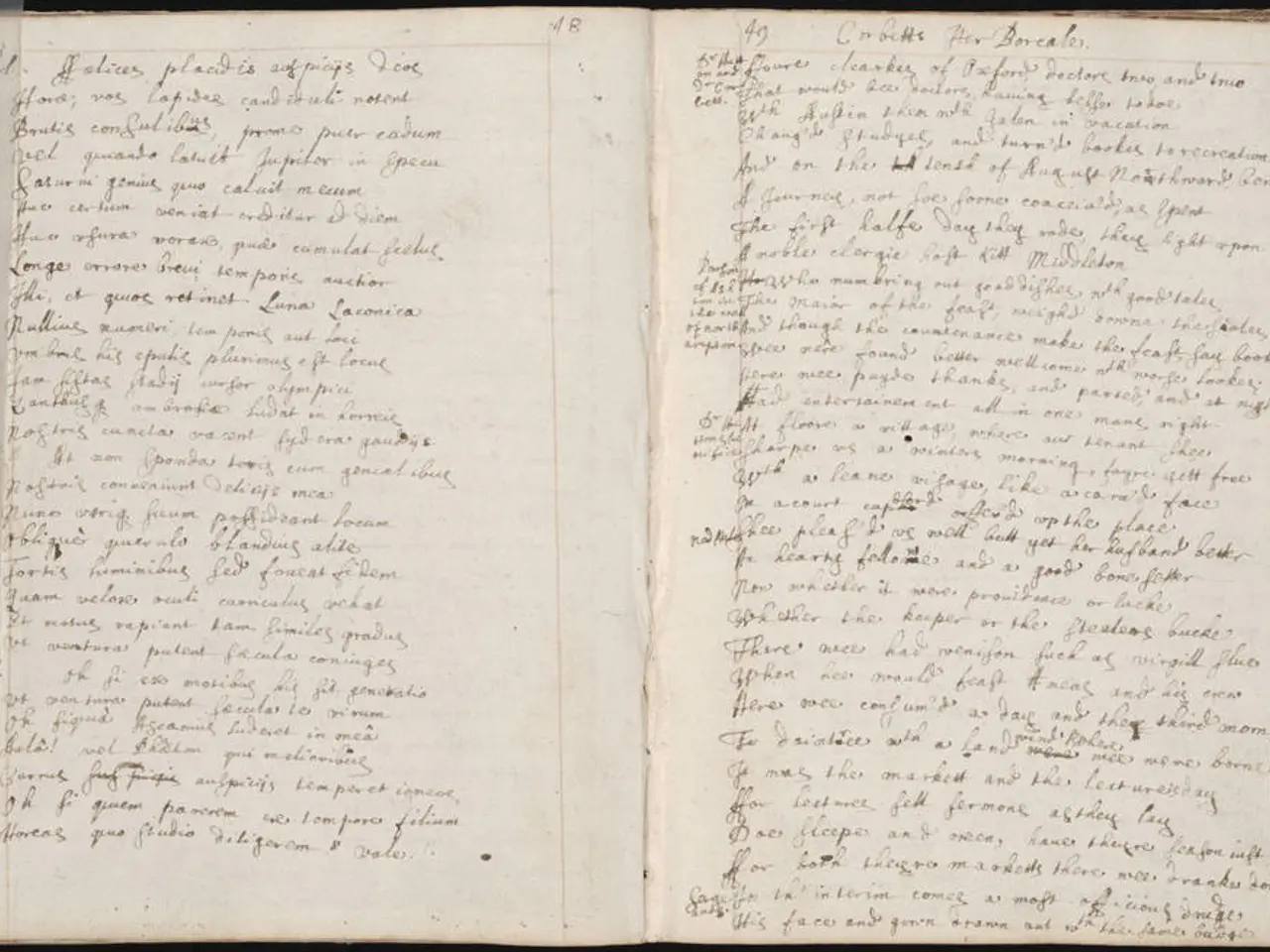Exploring Legal Complexities at the Crossroads of Open-Source Technology and Patents
In the dynamic world of technology, open source and patents have become powerful catalysts for innovation. Open source, a movement that encourages collaboration and shared knowledge, thrives in frameworks emphasizing community engagement. On the other hand, patents provide legal protection for inventions, giving their holders exclusive rights to utilize their innovations for a specific period.
When these two concepts intersect, they can foster an environment for increased innovation within the technology sector. Open source software, with its emphasis on collaboration and shared knowledge, provides a significant benefit in relation to patents by fostering increased innovation. Patents, in turn, can complement open source initiatives by ensuring that certain innovations remain protected, incentivizing developers to share their work openly.
However, integrating open source and patents presents challenges. The inherent differences between the two concepts, the risk of patent infringement, and complexities in licensing and patent laws across jurisdictions make it essential for developers and organizations to navigate this intersection carefully.
To balance innovation and legal protection, several strategies can be employed. Careful review and selection of licenses, legal counsel consultation, contributing with clear patent licensing, securing additional patent licenses, and balancing copyright and patent strategies are all crucial steps in this process.
Open source projects must navigate patent law carefully to avoid costly conflicts. By using licenses that clarify patent rights, seeking legal advice, and strategically managing contributions and IP, developers and organizations can foster innovation while maintaining legal protections.
Key terms: - Patent grant: Permission given by a patent holder to use the patented invention without infringement. - Explicit patent license: A clear, written authorization in a license that patents held by contributors will not be enforced against users. - Copyleft vs. permissive licenses: Copyleft licenses require derivative works to use the same license (e.g., GPL), while permissive licenses allow more flexibility in relicensing (e.g., Apache, MIT).
The future of open source and patents may see a more symbiotic relationship, where open-source licensing increasingly incorporates patent rights to safeguard innovations while promoting sharing. Case studies, such as the Open Invention Network, Mozilla Foundation, and the Oracle vs. Google case, provide practical insights into real-world applications of open source and patents.
In conclusion, open source and patents, when approached with careful strategy and understanding, can coexist harmoniously, fostering a competitive landscape that stimulates organizations to innovate continuously while respecting intellectual property rights.
In the technology sector, open source projects can benefit from patent rights to safeguard their innovations while promoting sharing, leading to a more symbiotic relationship. Careful management of patent law is crucial for open source projects to avoid costly conflicts, with strategies like choosing explicit patent licenses and seeking legal advice being key steps.




